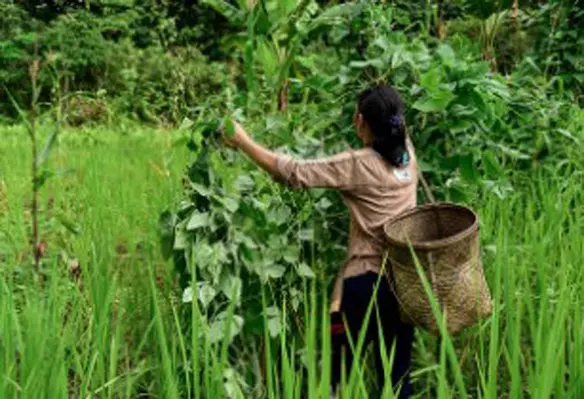To achieve goal of high income status, Indonesia need to create greater access to nutritious foods and invest in human capital, according to the UN’s Food and Agriculture Organisation (FAO)
Indonesia’s government aims to graduate from middle income to high income status. Great strides have been made in reducing absolute poverty but reductions in moderate poverty have been slower. This has created an equity gap and one the government has pledged to close to improve the livelihoods of millions of Indonesians.
One of the major approaches in doing so is to improve access to nutritious foods and reduce the prevalence of stunting in children below the age of five, where children do not reach their mental or physical potential as adults and society and the economy as a whole suffer from reduced productivity. One major reason is a monotonous diet often lacking in fruits, vegetables and high protein foods.
Speaking at the Jakarta Food Security Summit, FAO Assistant Director-General and Regional Representative for Asia and the Pacific Kundhavi Kadiresan congratulated Indonesia on its initiative to achieve greater equity, but urged a convergence of public and private sector stakeholders to seek out opportunities to improve nutrition as a primary objective.
“Achieving equity can involve many things, but building human capital is the road to a sustainable future. Improvements in nutrition through better access to nutritious foods, is a first step,” said Kundhavi Kadiresan. “Farmers can move into higher-value crops such as vegetables or fruits, or diversify into aquaculture or livestock. These crops promise more profits than rice and their demand will grow rapidly in the future,” she said.
“There is a need for more investment in value chains, both private and public, as meats, fruits and vegetables are more perishable than rice. There is also a need for more creative risk management strategies such as contract farming, as these commodities are often riskier to grow and sell than rice. And price incentives should not unduly favour rice if we expect farmers to diversify into these nutritious commodities. But farmers and rural households should actively, and additionally, pursue non-farm livelihoods as well.”
Kadiresan called on the government and the private sector to collaborate through various mechanisms to create efficient value chains that allow farmers to get a higher price for their products, create more jobs in agribusiness, especially for youth, and provide fresh and affordable nutritious food to the poor in both rural and urban areas.




